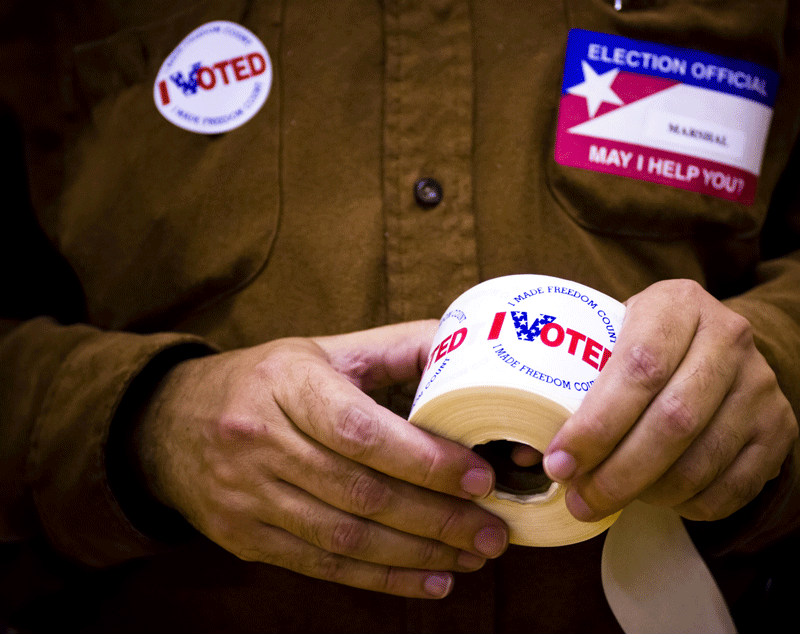
A Look at the 2020 Election
The entire 2020 presidential election season between Donald Trump and Joe Biden was unusual to say the least. The day after the election, more surprises remain because there is no clear winner. There are, however, several interesting things that can be learned from what we know right now.
Early Voting
Thanks largely to the COVID pandemic, the 2020 election set new records nationwide for the number of people who voted early. This was particularly true for Democrats. In many places, lines at early voting centers stretched for several hours, and news media showed photos of overflowing ballot drop-off boxes. It’s estimated that over 101.2 million people voted early this year–an unprecedented number. (That includes about 36 million in-person early votes, and 65 million votes by mail.) To give you some idea of how significant that number is: about 73 percent of the total number of people who voted in 2016 cast an early ballot in 2020. In fact, in Texas, more people voted early than voted at all in 2016.
The Youth Vote
Young people (ages 18-29) also turned out to vote this year in record numbers. About ten million people between the ages of 18 and 29 voted early or voted by absentee ballot. Young people still voted in lower numbers than other age groups did, but more young people recognized the importance of voting this year than ever before. It is still too early to know if this segment of the voting population really swayed the election in either direction. The early data from the ABC News exit polling showed that Joe Biden emjoyed a 26 percent margin of advantage among this young people demographic.
Surprising Statistics
On Tuesday night it became clearer that more white women supported Trump this year than in 2016. Trump’s margin of victory among African American voters grew as well, especially among African American men. Even so, the New York Times exit poll data showed that African American voters continue to show an overwhelming preference for the Democratic candidate—87 percent for Biden and only 12 percent for Trump. And despite immigration being a major issue of Trump’s presidency, Latinx voters show an increase in support for Trump as well. But here again, while Trump’s percentage might have increased slightly compared to 2016, the New York Times indicated that Biden still won 66 percent of the Latinx vote.
Questioning Poll Numbers
The final outcome of the election remains unclear, but one early interpretation of events is that President Trump performed much better than many pre-election polls predicted. President Trump won by an even wider margin in the state of Florida than he did in 2016. Despite the fact that some predictions showed Biden with a potential win in the state. Several states that were supposed to be toss-ups, such as Ohio and Iowa, were also captured by the president.


